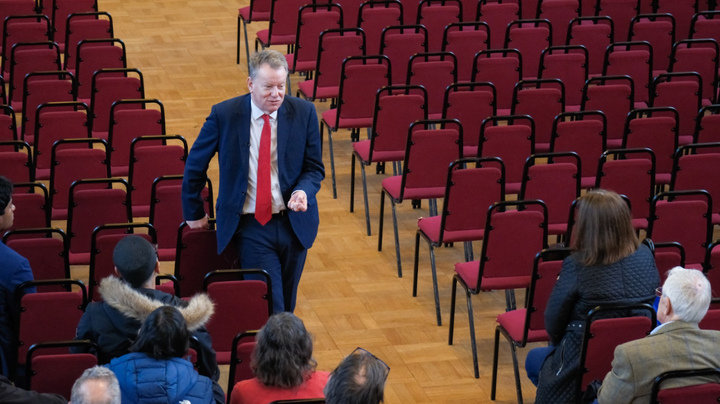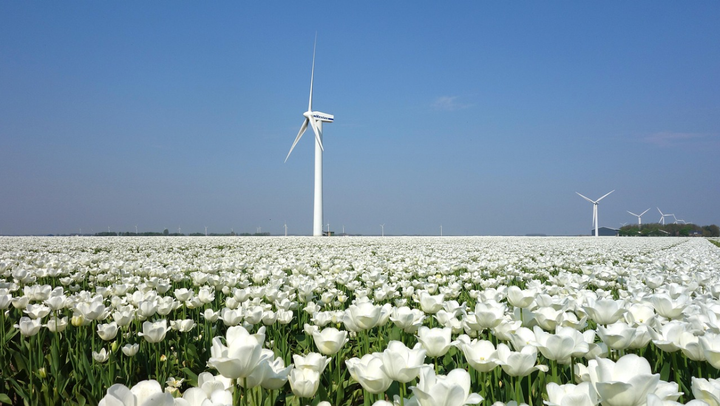Can social media help save democracy?

Rayhan Don
Since 1997, the voter turnout in UK general elections has decreased significantly, with a low of 59.4% in 2001. Comparing this to pre 1997 - between 1922 and 1997, turnout at UK general elections remained above 71%. This rose to over 80% in the general elections of 1950 and 1951. This provides various challenges towards the once strong democracy in the UK (where the public mostly voted, showcasing their opinions). Without high voting, this may challenge the legitimacy of the government. The rise of social media has positively affected democracy in the UK, in terms of increased political engagement and increased party membership. We can see this through the emergence of newer parties, for example Reform.
Social media allows for greater outreach for political parties, as it offers a more direct route from voter to politician. Voters can therefore feel more directly linked and involved with a party, which can foster a sense of political engagement. Nigel Farage, the leader of the Reform Party, is a paramount example of this as his substantial presence on social media. His videos, which are marketed to his voter base as “informal chats”, creates a direct connection to the leader, a connection which couldn’t be achieved through ordinary party broadcasts. This encourages public support in favour of him, and could be a considerable factor in the extremely high membership his party holds, which is claimed to be over 225,000 - second only to the Labour Party.
Social media also allows for the promotion and use of e-petitions and organised direct action, which widens the scope for political engagement beyond elections, and subsequently enhances democracy. A prime example of this was the #EndChildPoverty petition, which amassed over a million signatures. Its success was largely due to the vast social media following of its figurehead, Marcus Rashford. Also, the #MeToo and Black Lives Matter campaign relied on social media for effective coordination and organisation. This led to the success of both movements, therefore showing the beneficiary nature of social media for these movements.
However, social media can be seen as a threat to democracy. Social media can be a source of misinformation and fake news, which could spread easily and undermine democratic establishments. The removal of fact checkers on platforms such as Truth Social, can lead to the spread of false information. This can create false narratives within a democracy, and could have drastic consequences, such as impacting voter behaviour and eroding public trust.
Moreover, there is a risk of an echo chamber. For example, if you search for ‘Donald Trump’ on TikTok and consistently engage with positive content about him, your for you page will be filled with more of the same. Over time, this makes it seem like the dominant viewpoint is universally shared. But is it?
Furthermore, the use of unfiltered social media websites can also lead to negative, and possibly violent, direct action. After the Southport stabbing incident in 2024, protests were initially organised through social media, but these protests eventually turned into riots and over 1000 arrests were made in connection to these events. Crimes like arson, vandalism and looting were committed during this period, all as a result of social media use.
Therefore, we can see the use of social media as a double edged sword in terms of its effects on democracy. Its power to connect voters together and to outreach to all demographics is second to none. However, this isn’t without its potential costs to society. To truly help save democracy, it is imperative that social media is fitted with relevant fact-checkers, to prioritize truth and transparency so it can live up to its democratic promise, rather than threatening the liberties it seeks to defend.




Comments ()